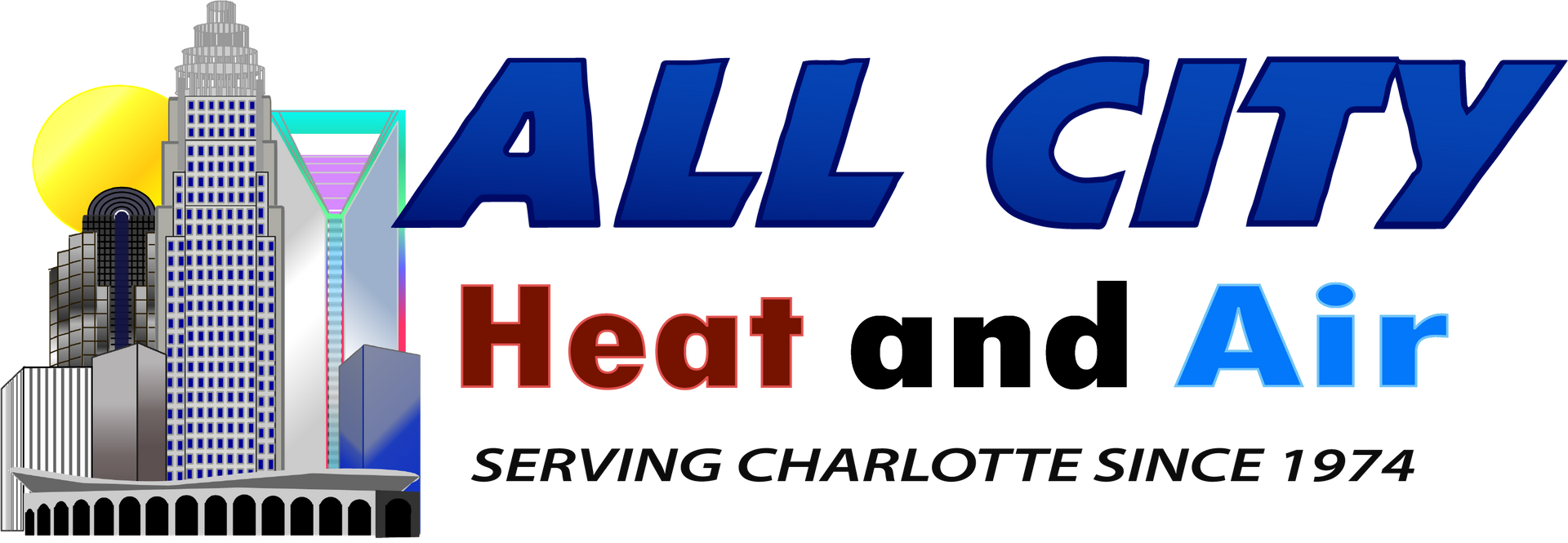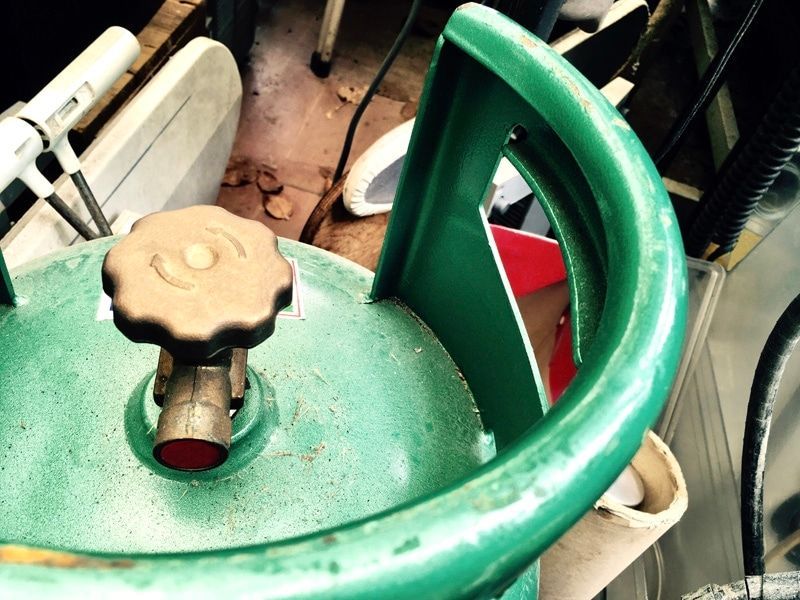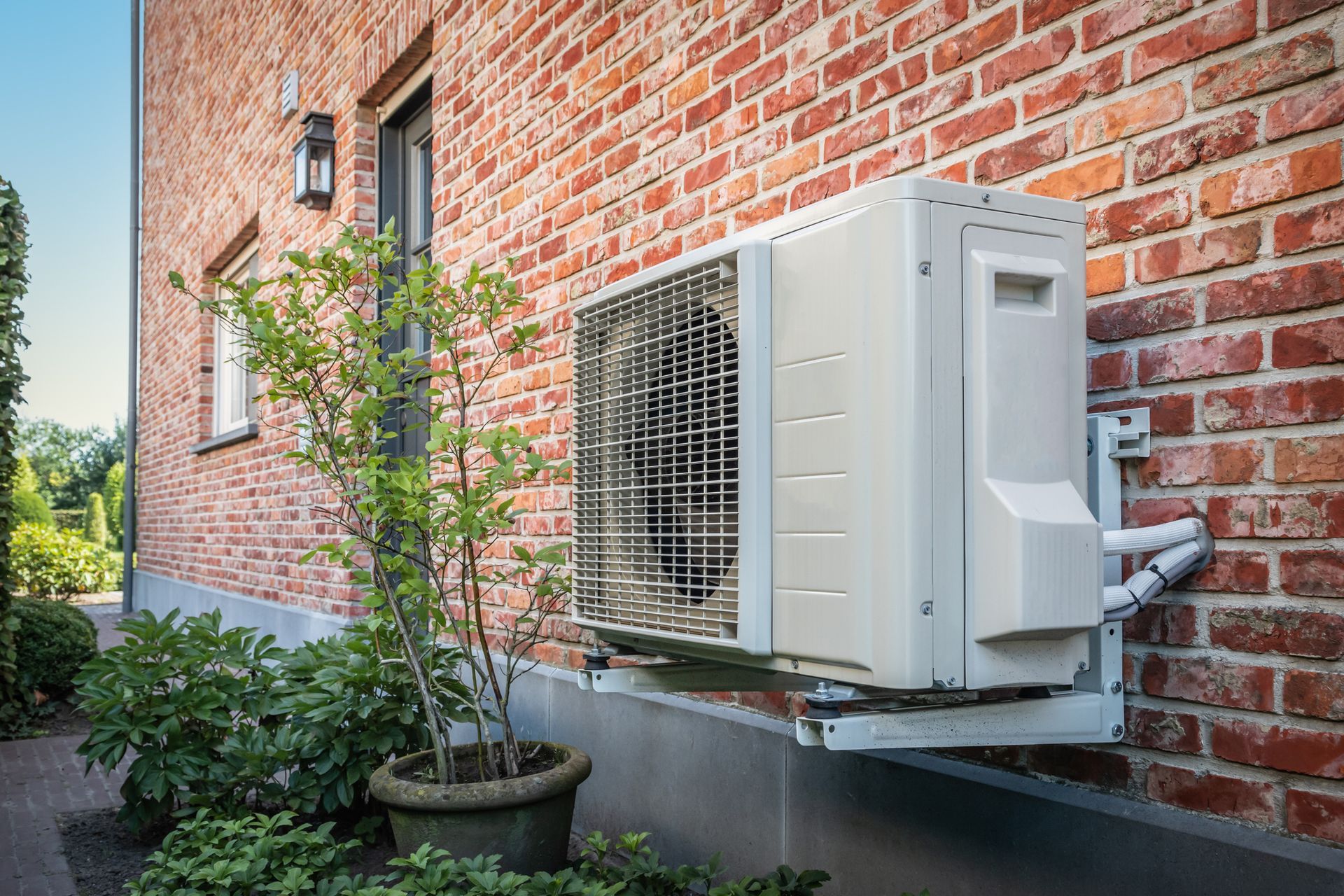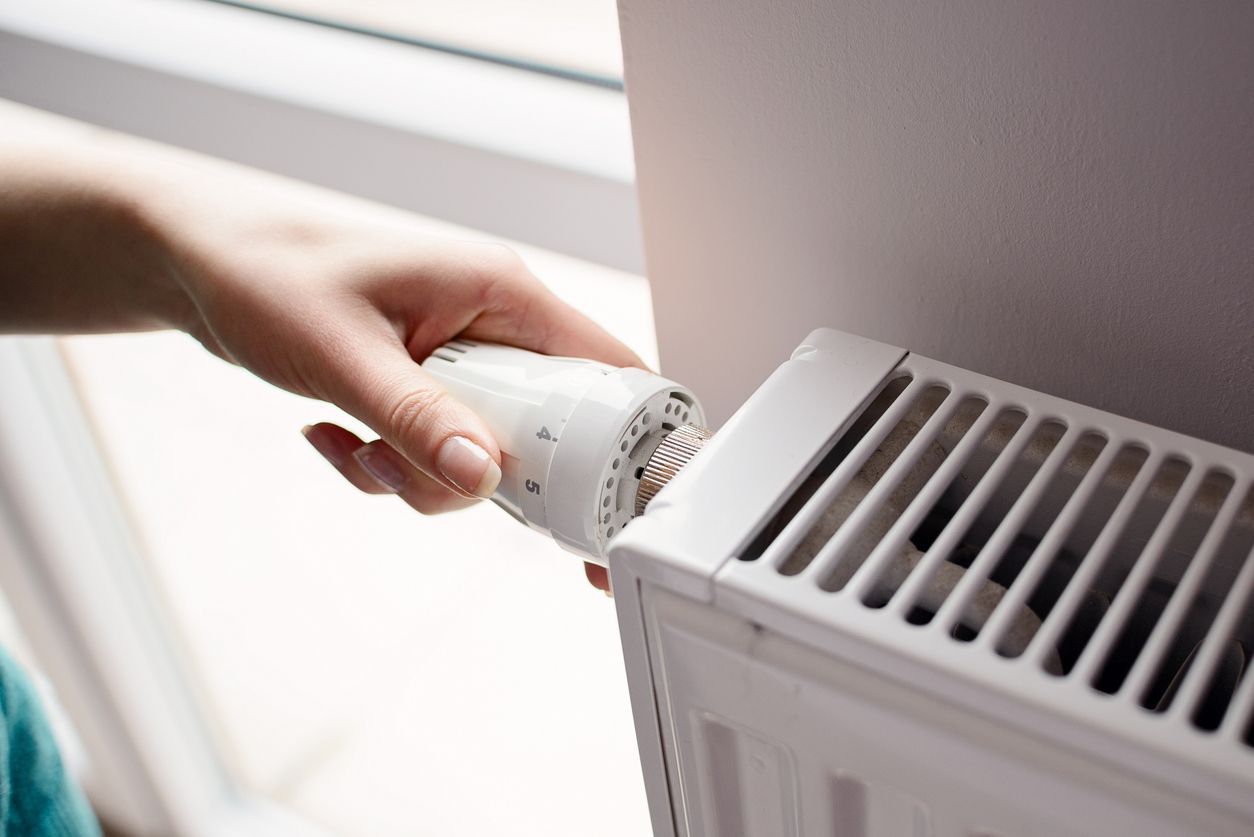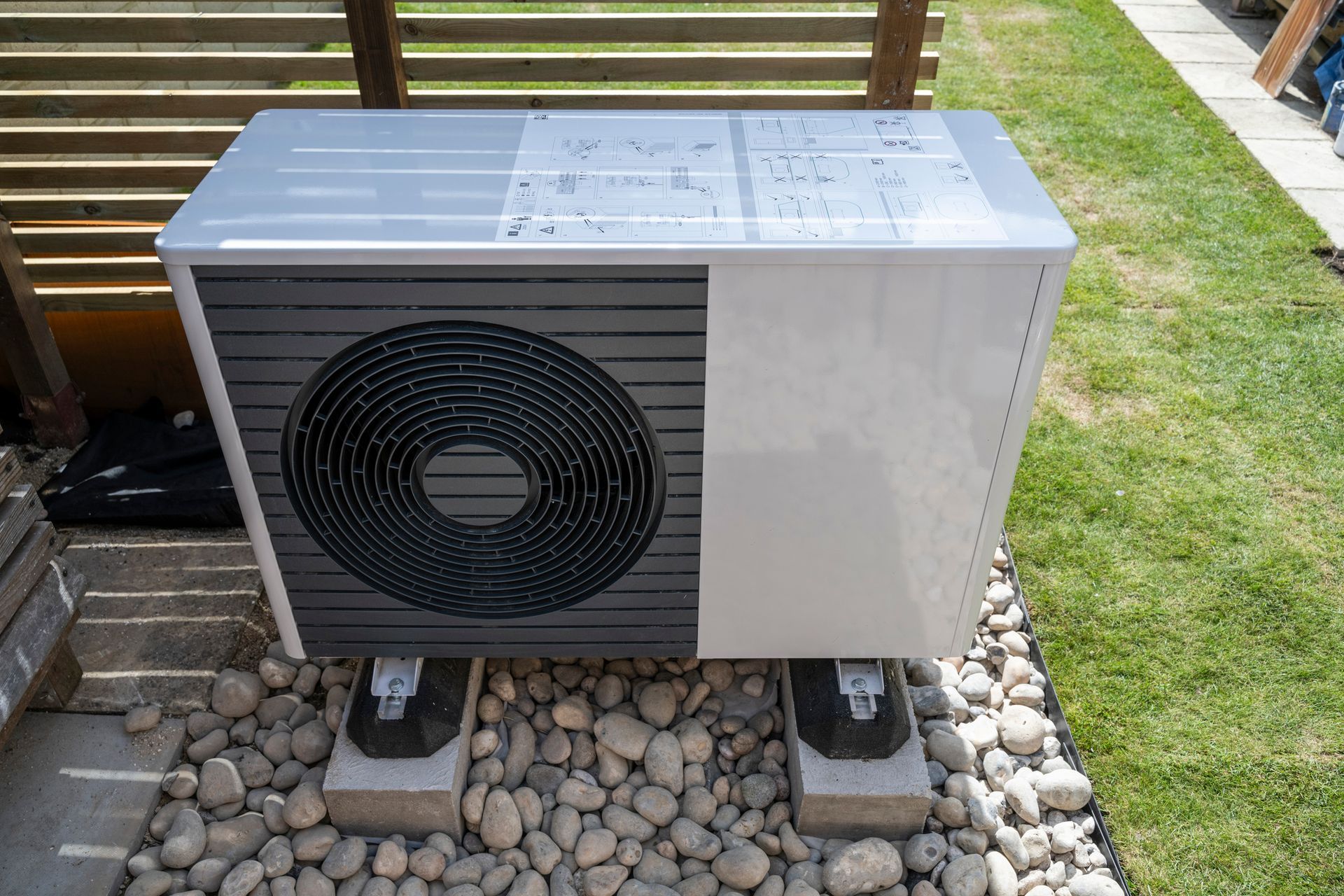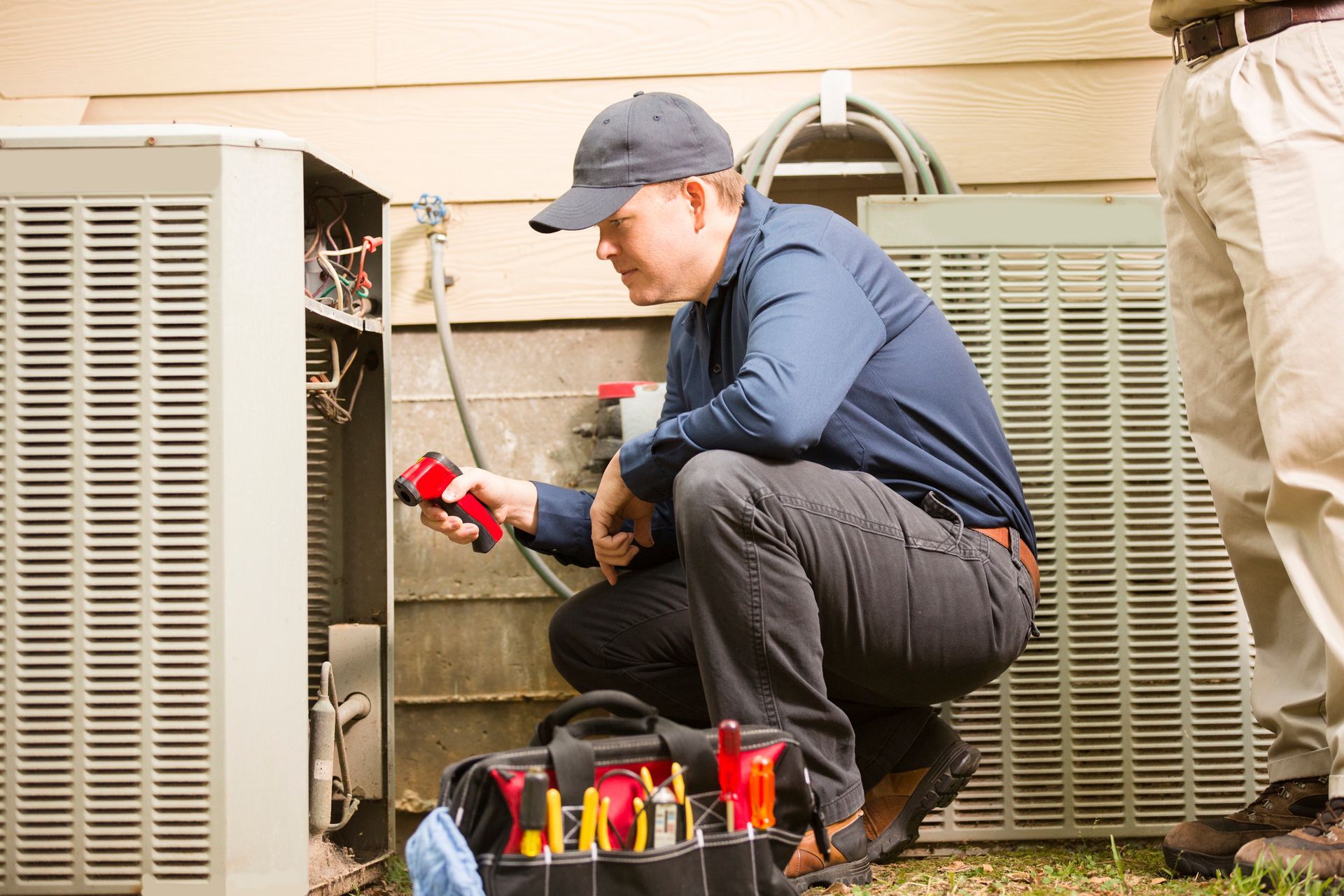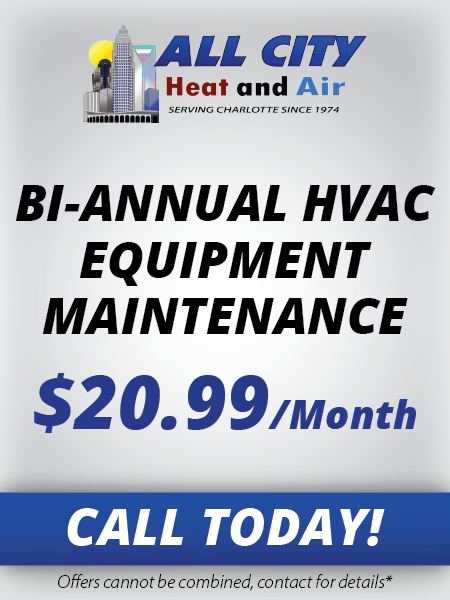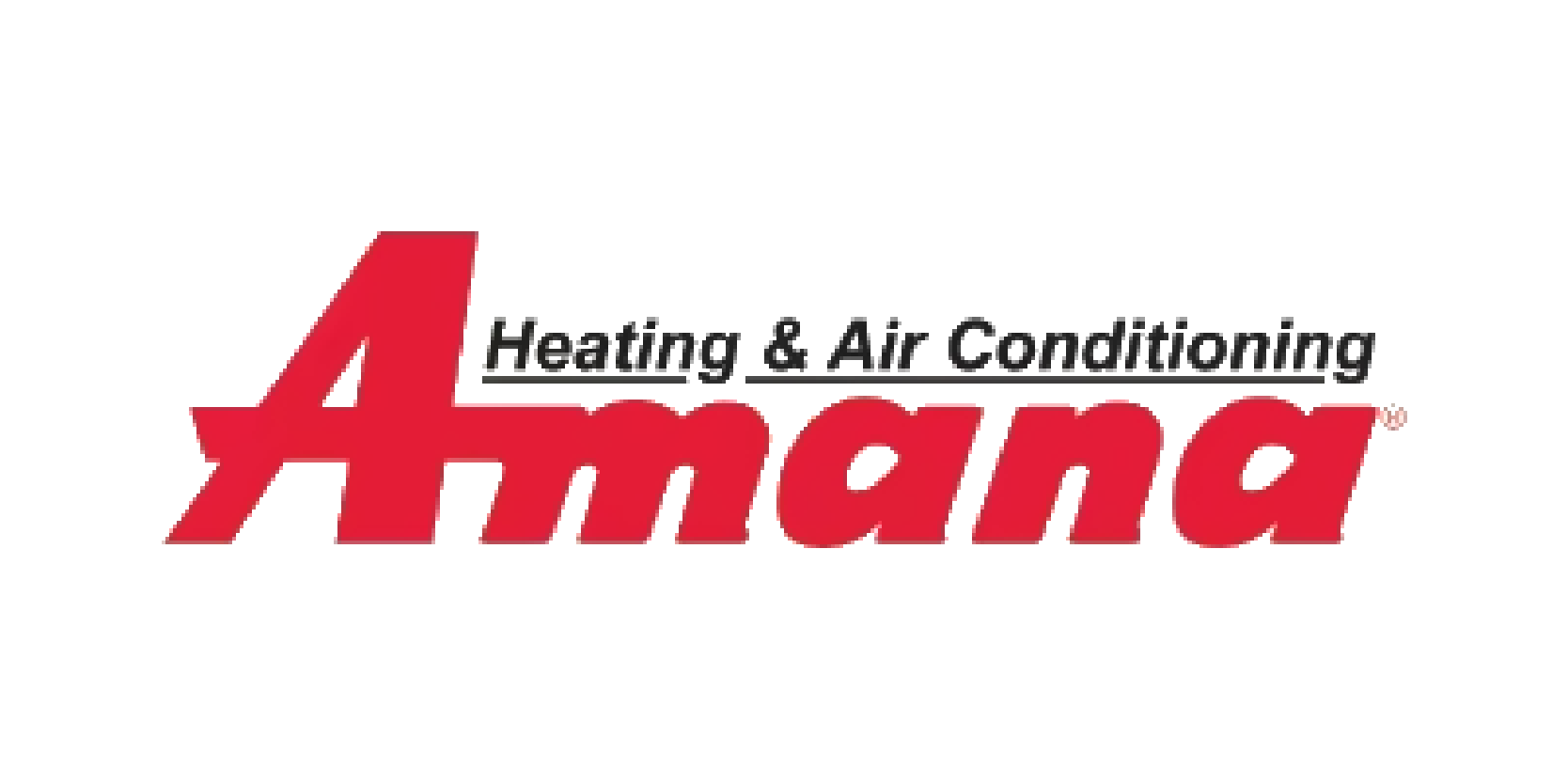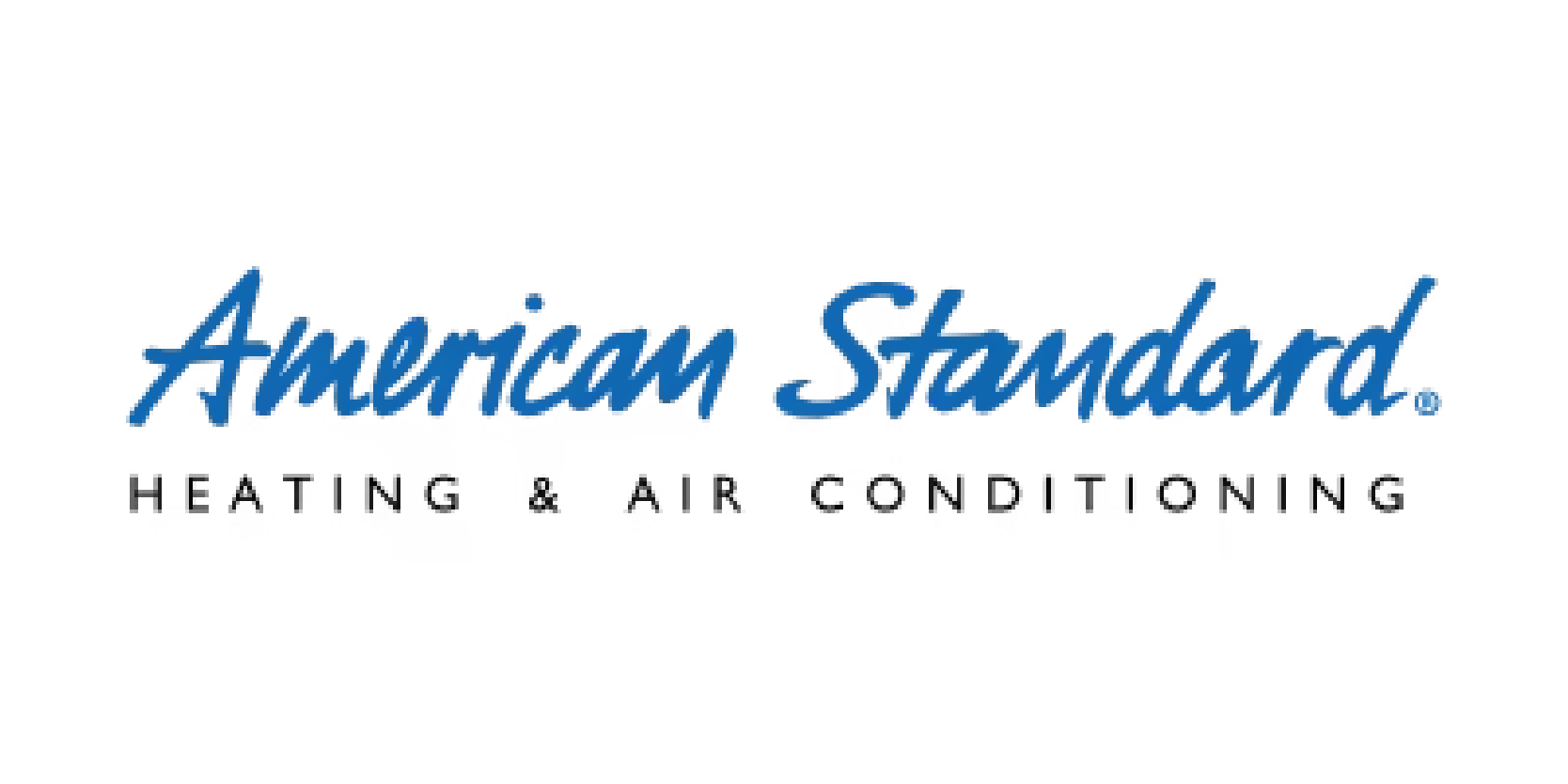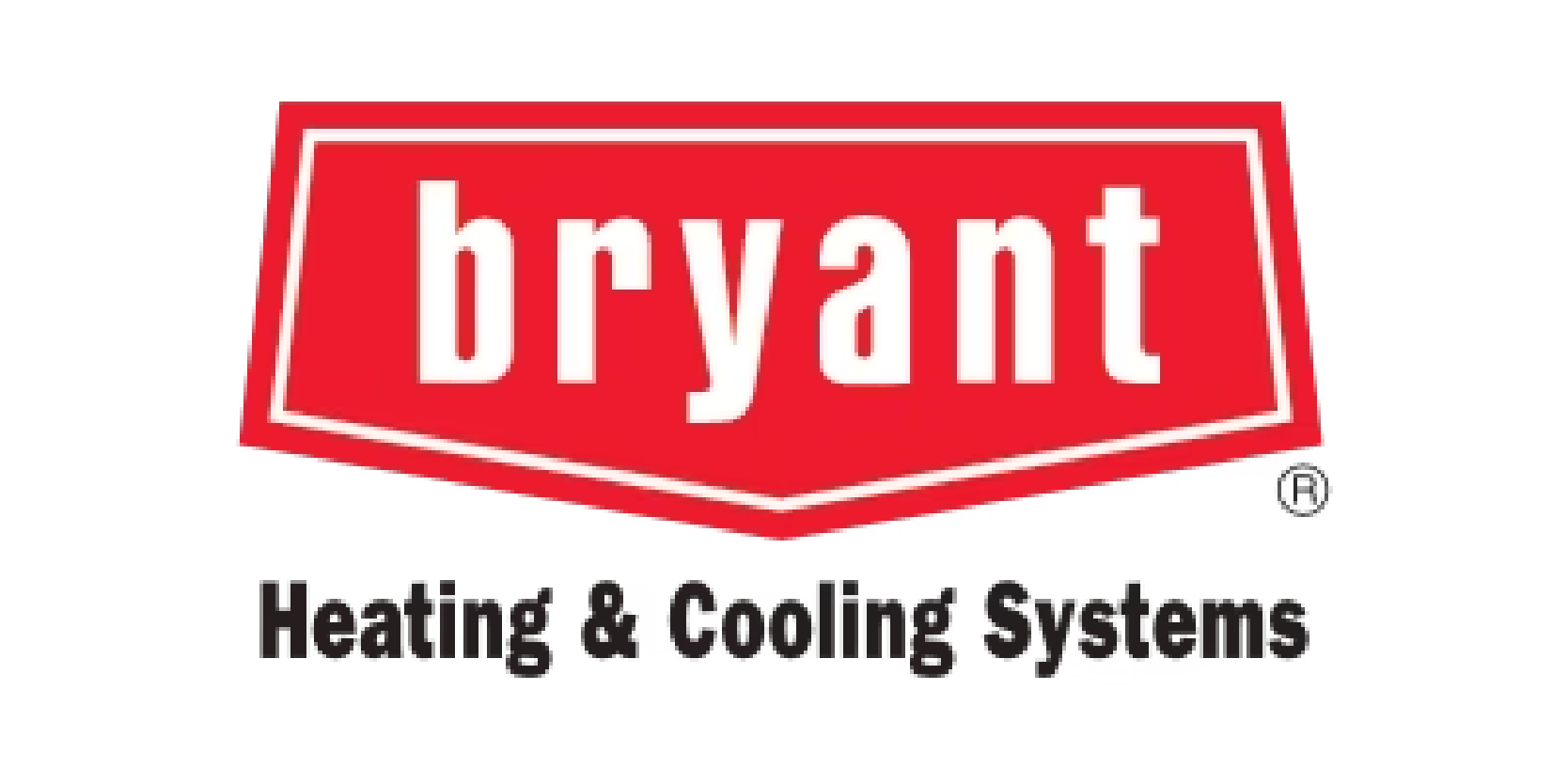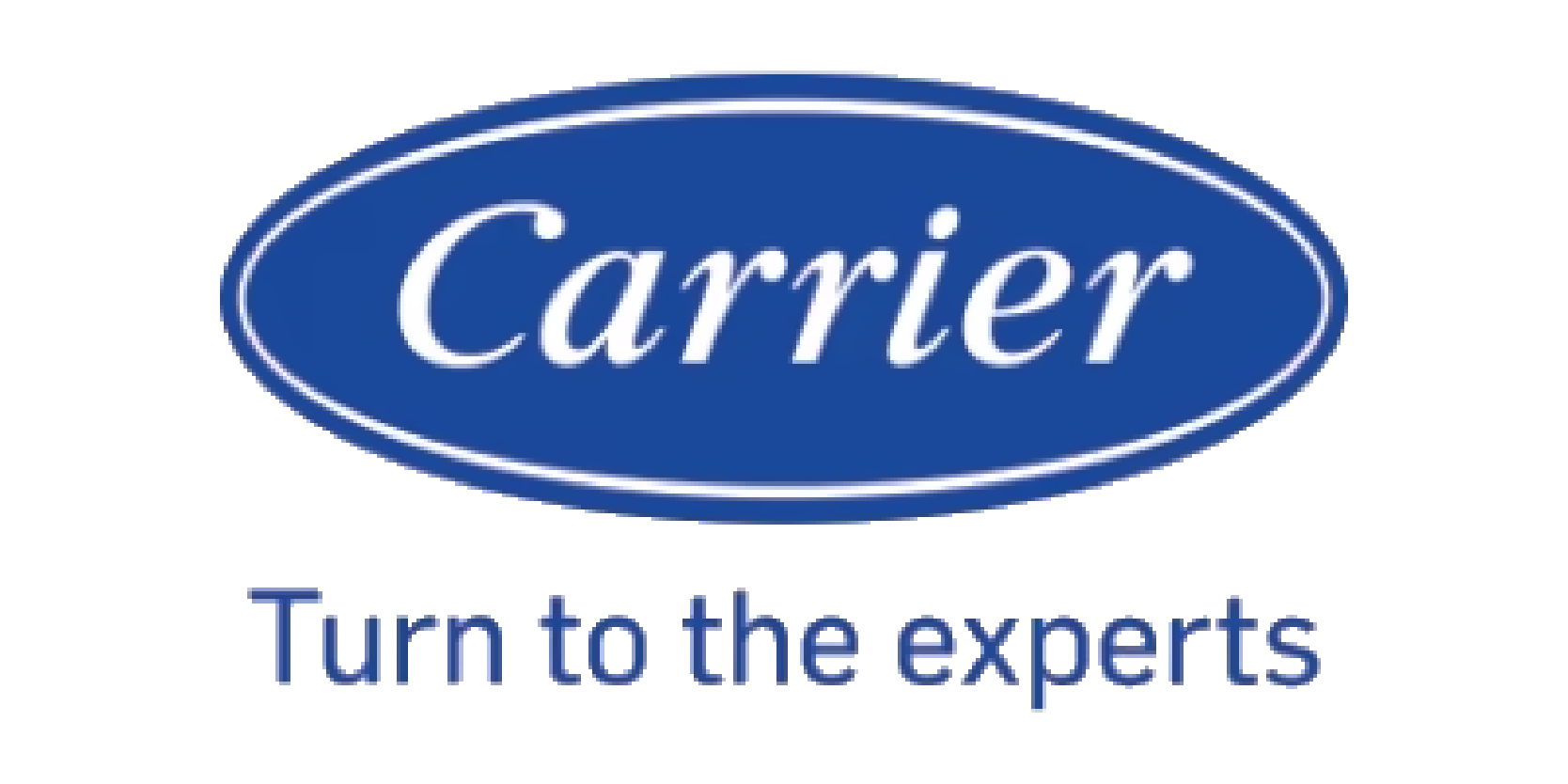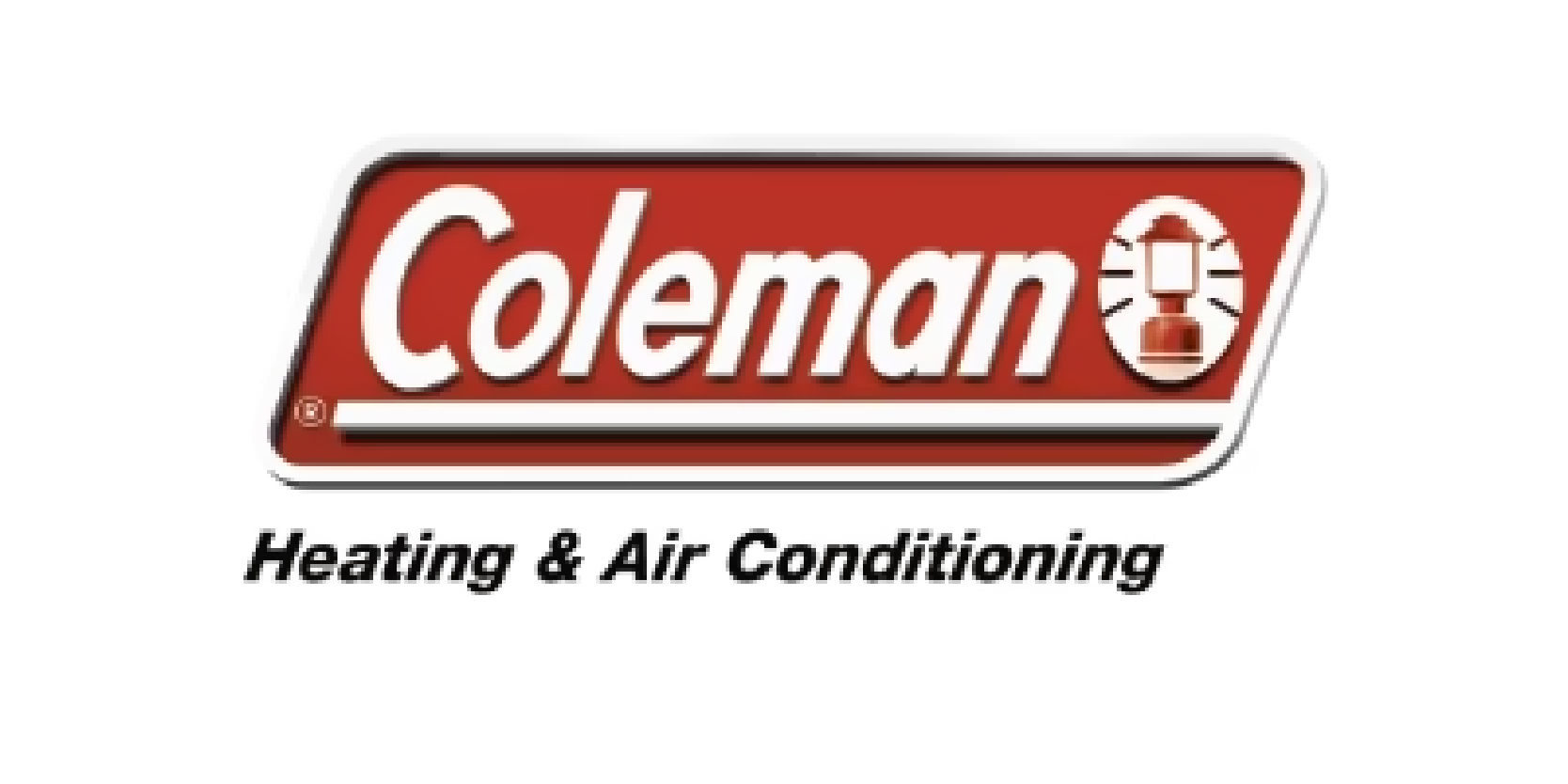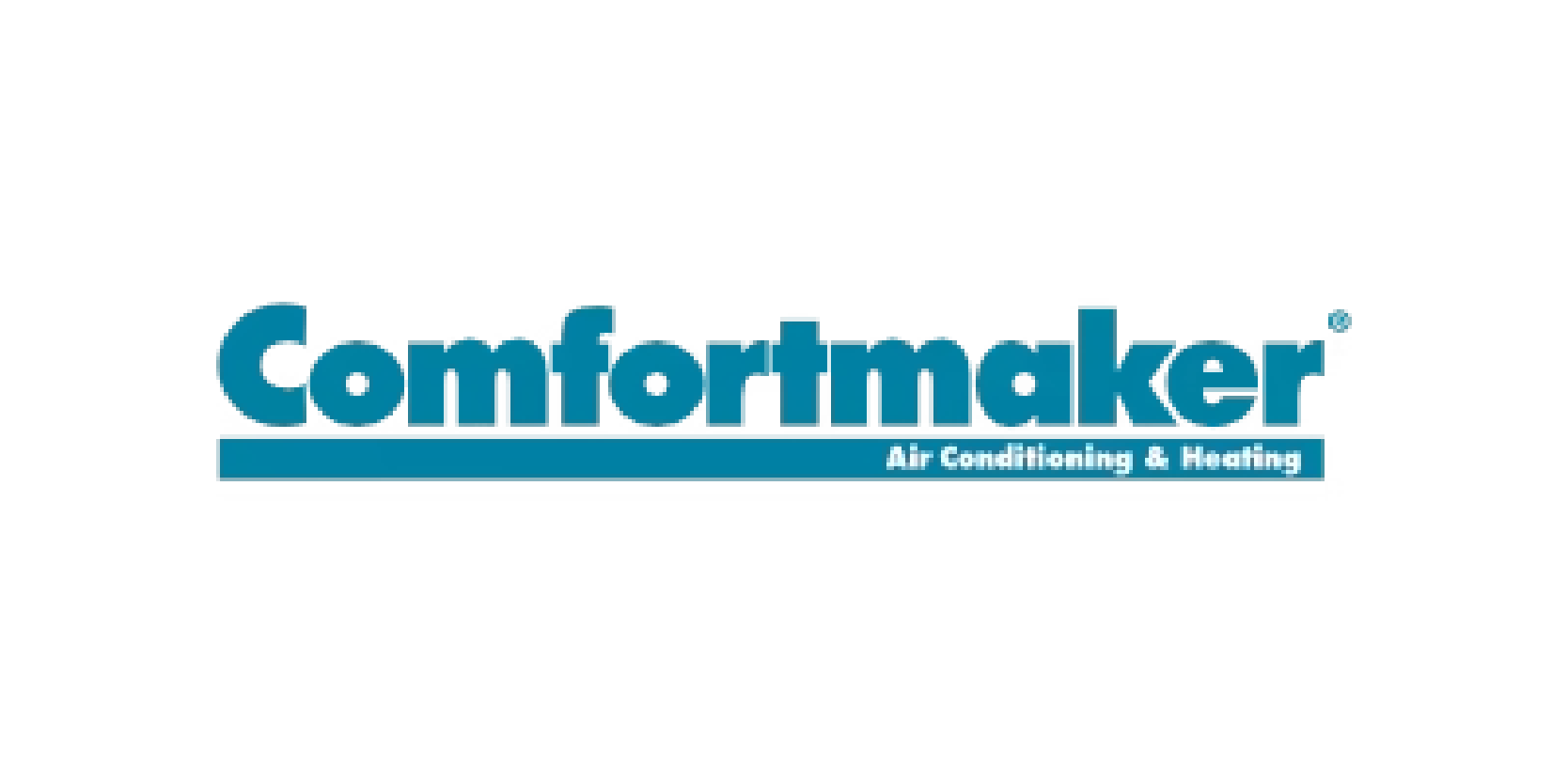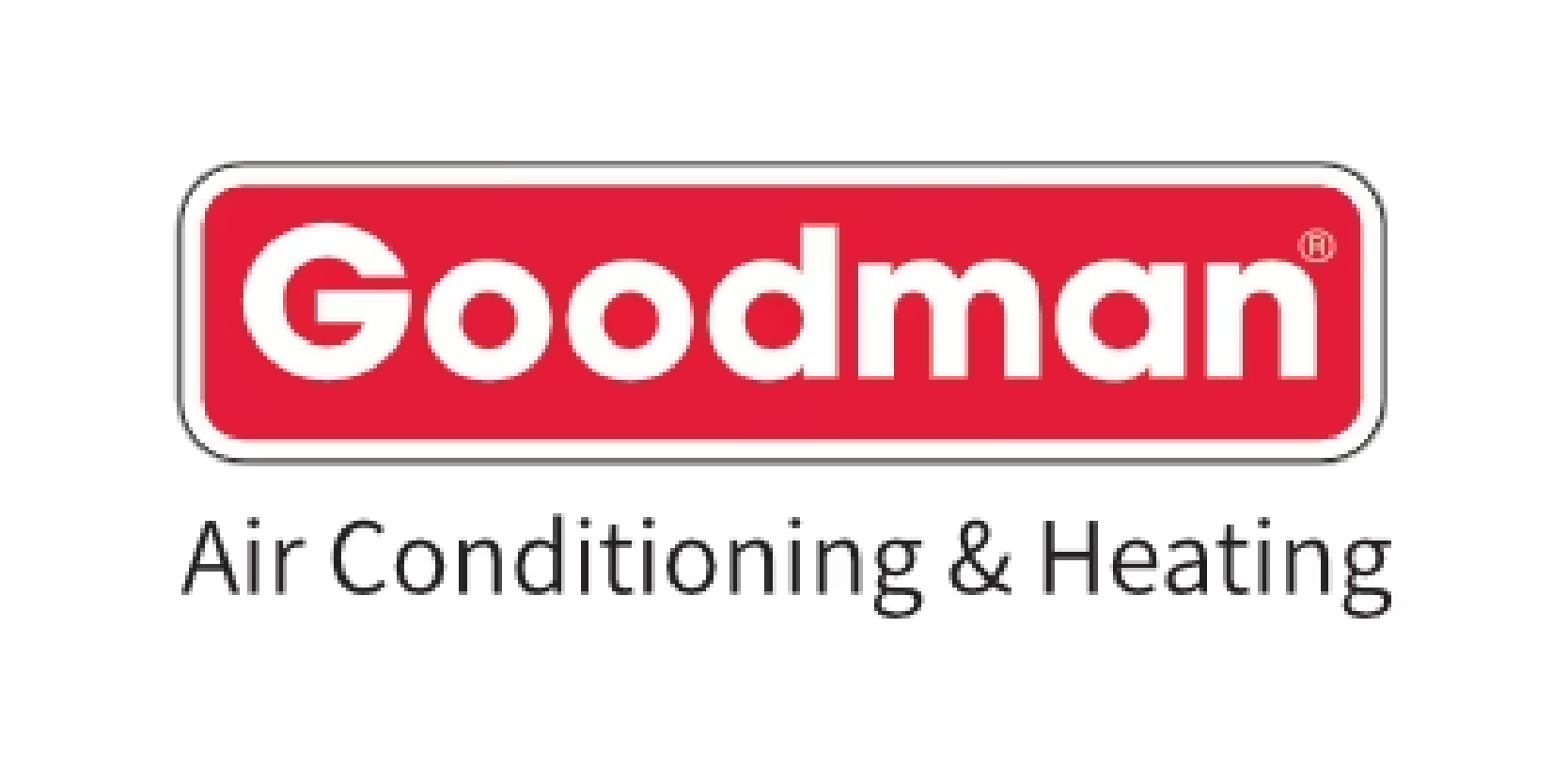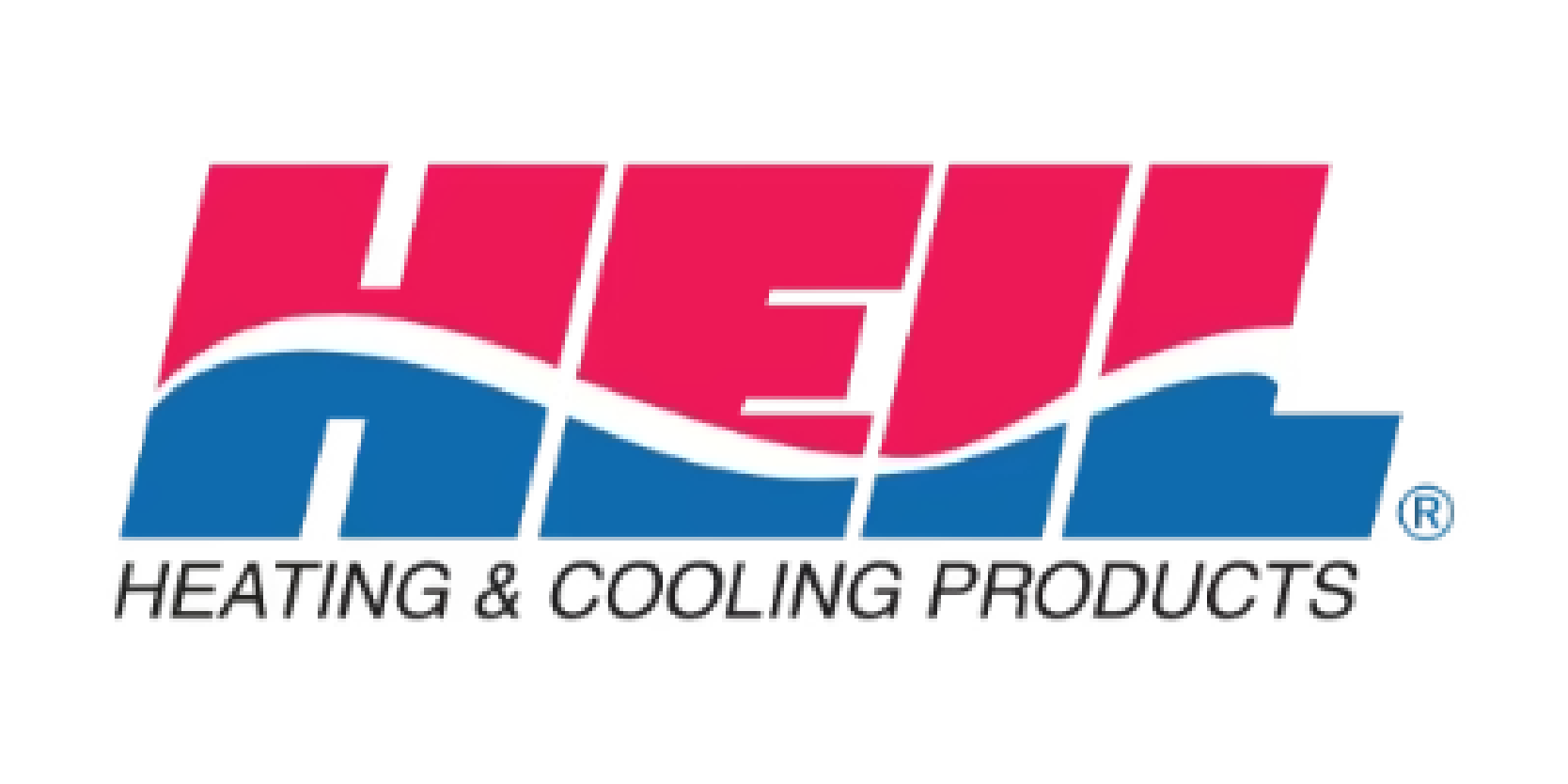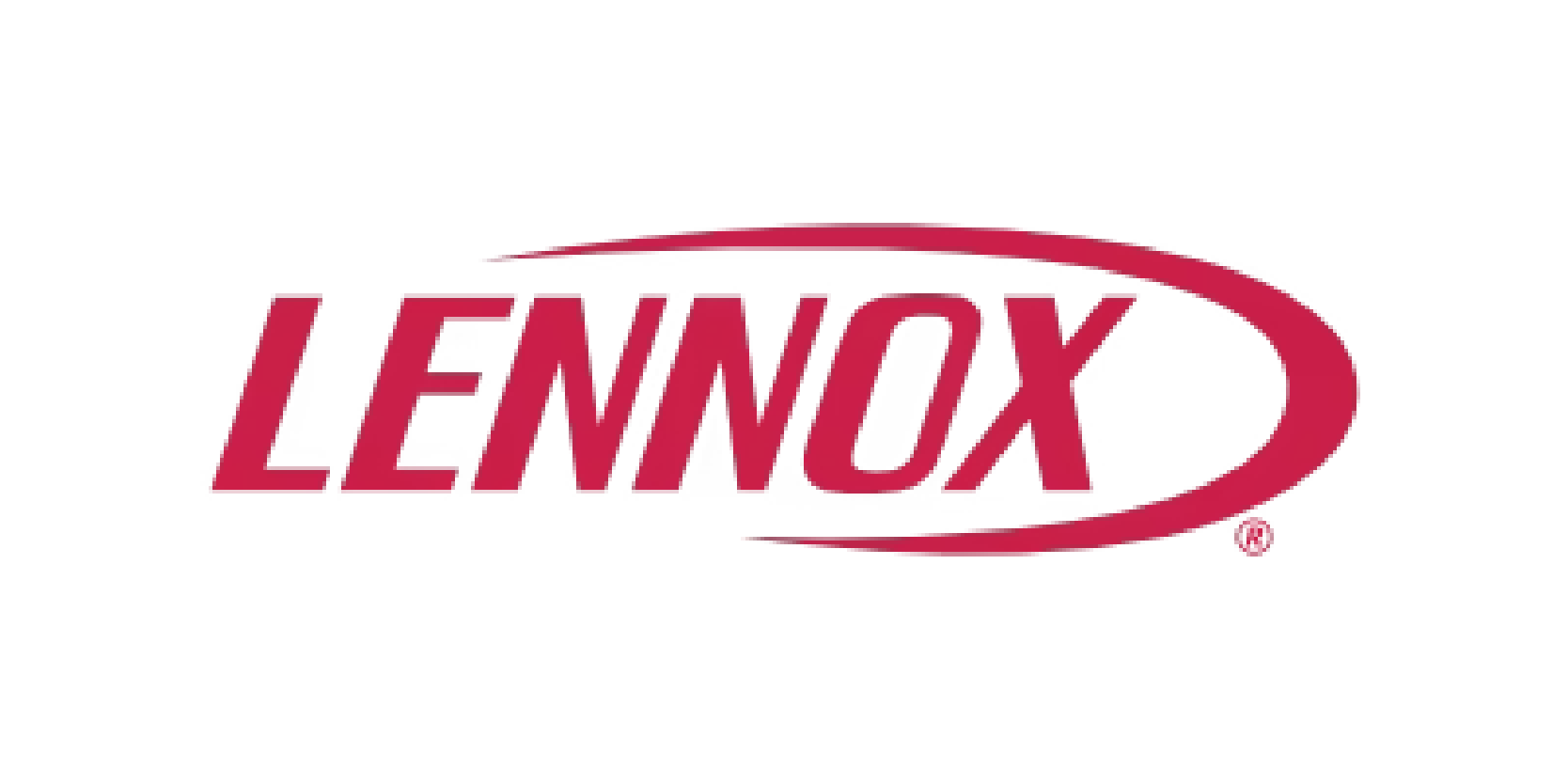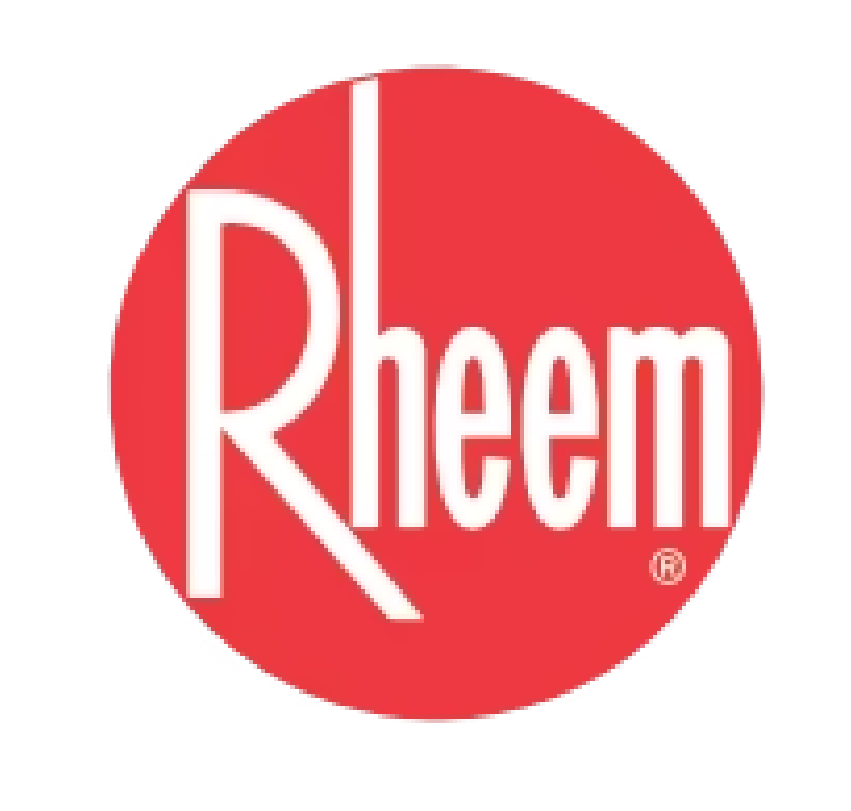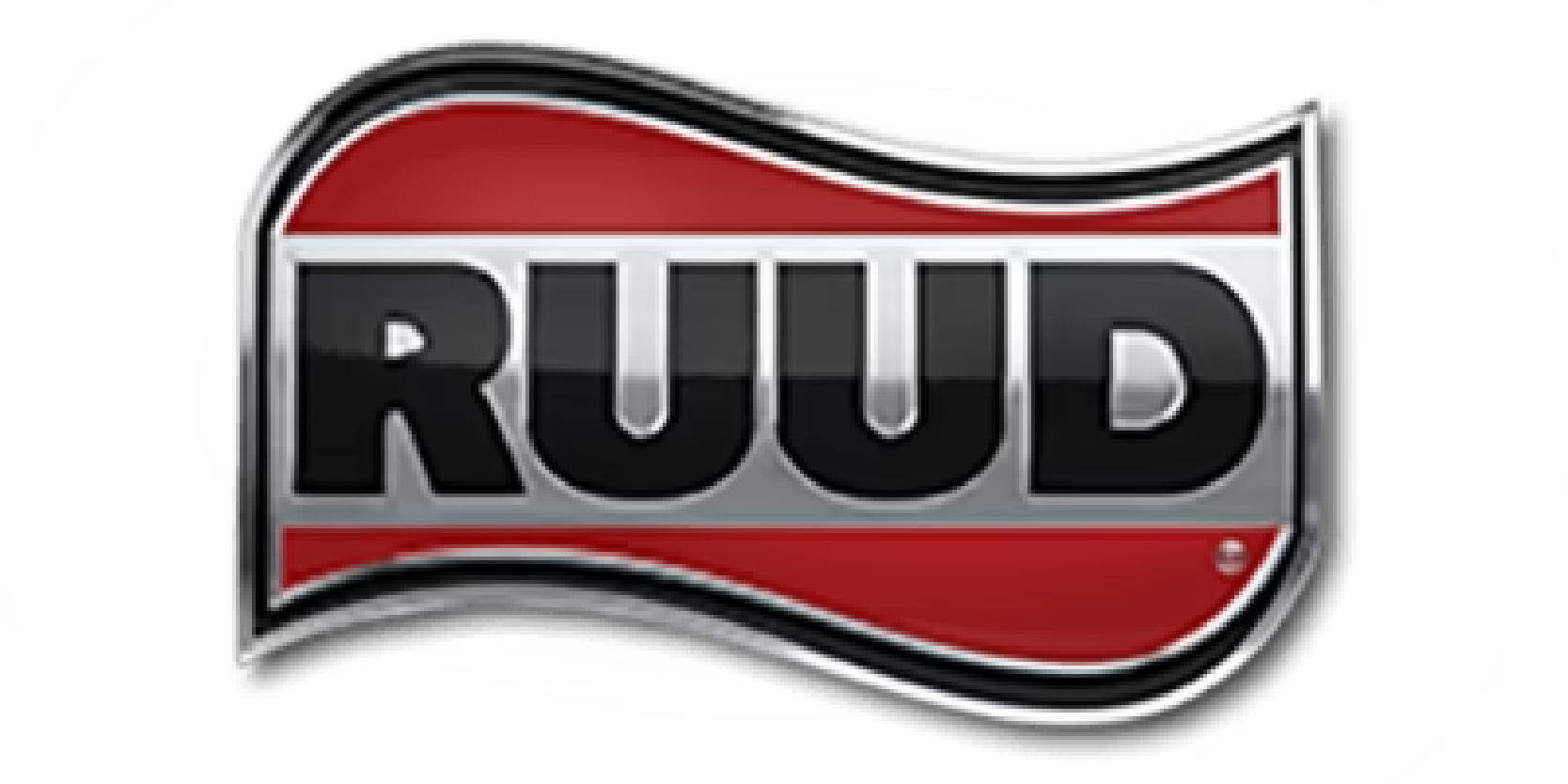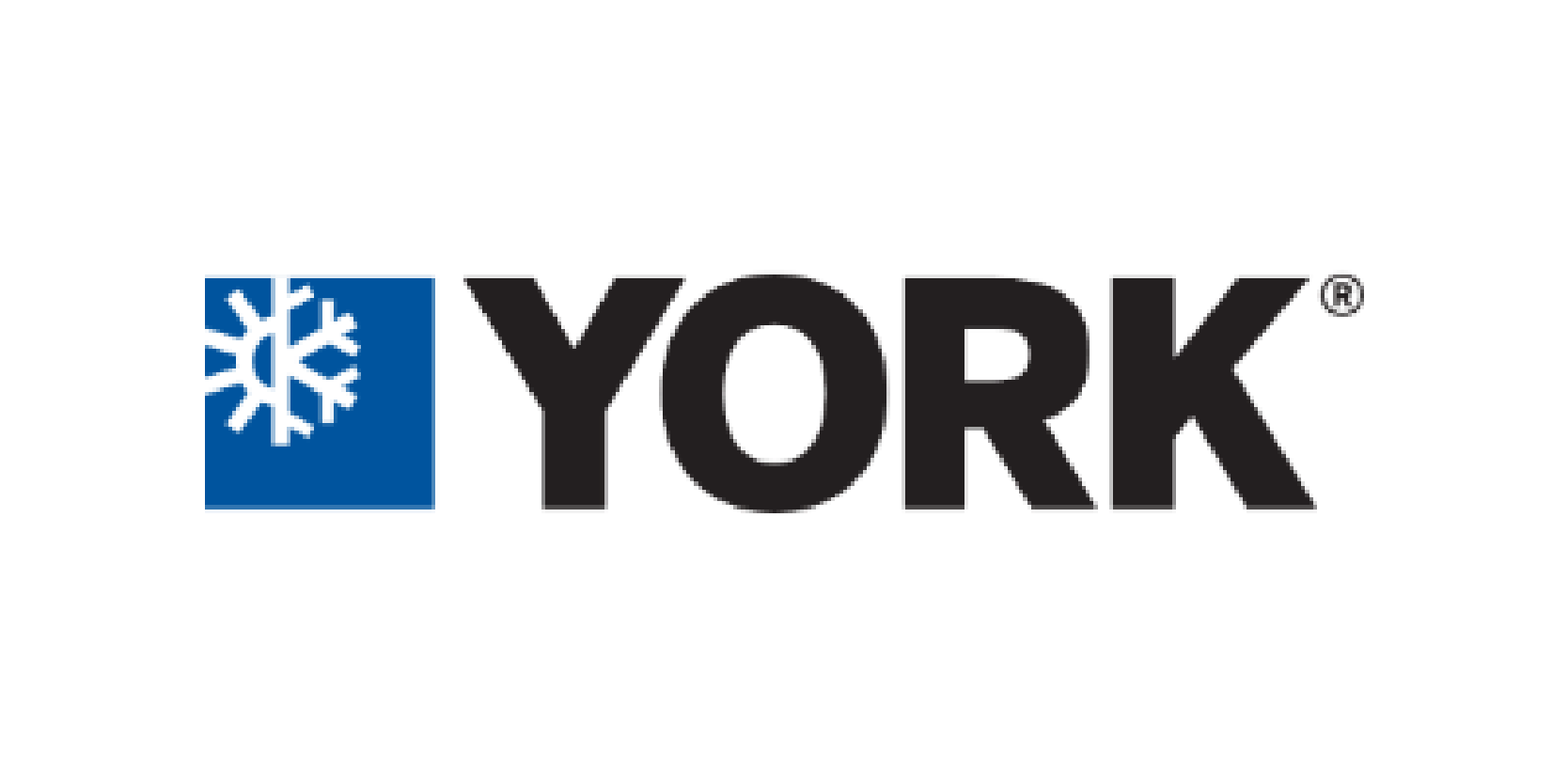
No doubt you’ve heard of Freon®, the refrigerant gas used in your air conditioner. But maybe you haven’t heard of or made the connection with its generic name––R-22 (refrigerant 22), or HCFC-22 (hydrochlorofluorocarbon 22). And maybe you also haven’t heard that by the year 2020, it’s being phased out of usage here in the United States.
This has many implications for you as a Charlotte homeowner. Our All City and Air professionals can help you with this necessary transition, but read on to gain a bigger picture of this far-reaching decision.
More About R-22
As already mentioned, R-22 is a gas. It’s a colorless and odorless gas used in refrigeration processes. That means, depending on what you have in your home, it’s used in your central, mini-split, or window/room air conditioner, freezer, refrigerator, dehumidifier, and/or heat pump. Freon is a DuPont brand name, just like Xerox® is a brand name for a copy, Kleenex® is for a facial tissue, and Chapstick® is for lip balm.
R-22, or HCFC-22, was originally developed to replace CFCs (chlorofluorocarbons), the world’s first refrigerant, because they were damaging the ozone layer. As a result, their production was halted in the United States in 1995, with HCFCs replacing them.
Why the Phaseout?
R-22 is now also being phased out, because it’s been determined that it too is harming Earth’s ozone layer, being a greenhouse gas. In 1987, the United States signed the Montreal Protocol on Substances That Deplete the Ozone Layer , and then in 1990, Congress passed amendments to its Clean Air Act. Both of these undertakings ensured the phasing out of harmful gases, with R-22 being one of them.
What’s the Time Line for the Phaseout?
The time line here in the United States is different than that of the European Union’s. Their time line ended in 2015. Here in the United States, our phaseout time line is well underway, culminating in a complete halt of manufacturing R-22 by 2020. Recovered, recycled, and reclaimed R-22 will be allowed beyond 2020 to service existing systems, but by then the supply should be dwindling.
What Does This Mean to You?
So what does all this mean? This translates to the necessity of making changes in anything you have in your North Carolina home using R-22. Since there won’t be much R-22 in supply, obviously the demand for it will increase, spiking its prices. This leaves you a few options to explore.
First, for a short time, you can continue to use R-22. However, keep in mind its price will now be at a premium. This means the cost to replenish your air conditioner’s refrigerant in the case of a leak will be so high, you may just want to consider purchasing a newer, more energy-efficient model instead.
Second, you can speak to one of our heating, ventilation, and air conditioning (HVAC) professionals about switching out your R-22 components in your HVAC equipment and replacing them with R-410A (the approved replacement) components. This is necessary––do not simply put R-410A in your current equipment. The two gases are incompatible in your system, and by forging ahead with simply adding the R-410A instead, this can result in a complete failure of your air conditioner.
Third, you many want to either start planning to replace your current HVAC system in the foreseeable future or jump right in and do it now. If your present system is working well for you, maybe you’d like to research what you’ll purchase when your system does break down, so you’ll be prepared––both financially and educationally.
Or you could talk with one of our professional HVAC experts and get a purchase in the works now. That decision could actually save you money in the long run, as the newer systems are now more energy efficient than ever, so your energy bills will most likely decrease in the process.
Contact Us Today
Whatever you decide to do as a result of the R-22 ban, you should talk to one of our knowledgeable All City Heat & Air professionals here in Charlotte, North Carolina. We can offer assistance in making the best decision for your home and your bank account. We’re also here to answer any questions you may have about this, so give us a call at 704-545-2000 or request service online today.
The post The Phaseout of Your AC’s R-22 Refrigerant first appeared on All City Heat and Air and is written by All City Heat and Air.
